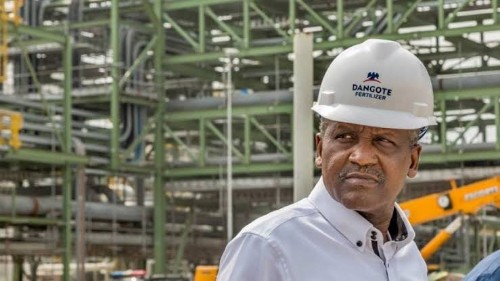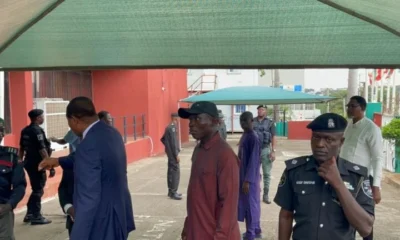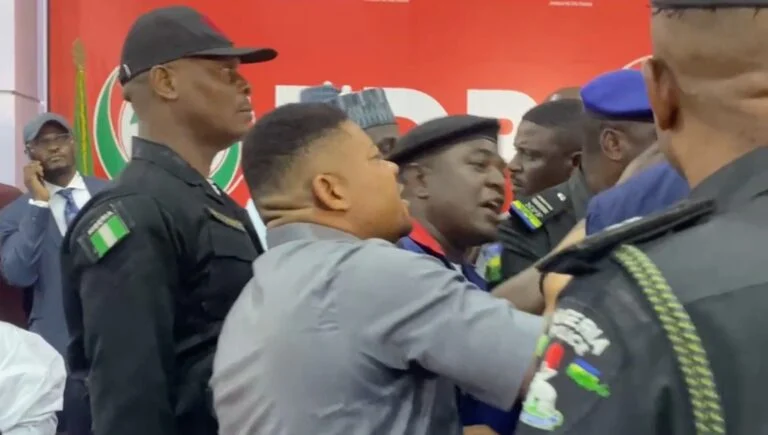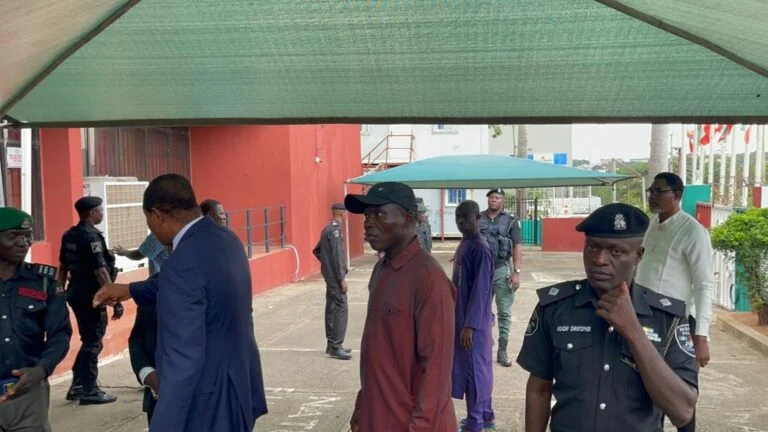- It is a big plus to Nigeria’s economy
The Organisation of Petroleum Exporting Countries, OPEC, has said supplies from Nigeria-based world’s largest single-train Dangote Refinery and Petrochemicals will put pressure on the performance of Europe’s oil industry, especially the Northwest Europe (NWE) Gasoil.
OPEC in its newly released monthly Oil Market Report for June 2024 listed Dangote Refinery among the top Diesel and jet Fuel suppliers that will disrupt Europe’s oil & gas Industry, a development experts forecasted will positively impact the Nigerian economy.
It would be recalled that Standard & Poor Global quoting trading and the ship tracking sources had earlier predicted that Nigeria’s $20 billion Dangote refinery would shake up international crude flows when it reaches full capacity, having already made an impact since coming online in January, trading sources and ship tracking data show.
The OPEC report revealed that “Upside potential for higher production levels from Nigeria’s Dangote refinery, coupled with strong flows from the Middle East and new supplies from the Mexican Olmeca refinery, will likely exert pressure on NWE gasoil performance in the mid-term.”
It stated further “Europe is one of the world’s largest purchasers of refined petroleum products and relied on imports from Asia and the US after the European Union banned the use of Russian diesel in the bloc.
However, the 650,000bpd capacity refinery which is owned by the Africa’s richest man, Aliko Dangote, is eyeing the wider European market after International Oil Companies stopped supplying its crude oil.
Vice President of Oil and Gas at Dangote Industries Limited, Devakumar Edwin announced the company had earlier exported its first jet fuel cargo to Europe as it rapidly scales production.
The refinery is said to have exported 90 percent of its 3.5 billion litres of jet fuel and diesel to Europe over alleged lack of support from the Nigerian government.
“It is good to note that from the start of production, more than 3.5 billion litres, which represents 90 percent of our production, have been exported,” Edwin said.
BP is currently transporting its first jet fuel cargo to Rotterdam from Dangote, after being awarded part of a 120,000 metric tonnes tender offered for the end of May, according to S&P Global.
OPEC stated that, “In June, the jet/kerosene crack spread in Rotterdam against Brent showed a slight decline, influenced by supply-side dynamics. Despite signs of improving air travel activities, subdued jet fuel demand from the aviation sector weighed on the product market.
“Going forward, European jet/kerosene demand is expected to see upward pressure as consumption levels from the aviation sector continue to pick up in the coming months.”
S&P had noted that Dangote Refinery in its first six months, scaled to 400,000 b/d and delivered diesel, jet fuel, naphtha, and fuel oil to both domestic and export markets, with Gasoline, Nigeria’s primary fuel type, being expected to be produced from mid-August.
Notwithstanding, the refinery has already affected crude flows, with dozens of Nigerian cargoes remaining in-country and US WTI Midland, a comparable light, sweet grade, being imported.
The mega-refinery could therefore tighten the light, sweet crude market. “Its diet is WTI and the lighter Nigerian [crudes] so if you were chasing those barrels you’d probably feel it quite keenly,” a West African crude trader told Commodity Insights. “Once they get to 650,000 b/d without any WTI Midland, ‘severely disrupted’ [will be] the headline.”
WTI Midland crude initially emerged as the favored feedstock to supplement Nigerian supply, with the refinery signing long-term supply contracts for the US grade and noting its competitive pricing. Platyts, part of Commodity Insights, last assessed WTI Midland into Rotterdam at $82.36/b on July 31, while Nigeria’s Bonny Light was assessed at $82.80/b on the same day.
Crude flows in and out of the Dangote refinery have been felt in other markets, especially in Europe, the largest consumer of light, sweet Nigerian crude. The US grade has accounted for 30% of crude delivered to Dangote, through 18 cargoes.
President of Dangote Group, Aliko Dangote said the facility would broaden its feedstock sources with Libyan, Angolan, and Brazilian crude.
“The refinery was built to use Nigerian crude and add value to it within Nigeria. Why should we deviate from that focus?” said Dangote, adding that the crude supply issues were “getting resolved”, but that the refinery remained open to all opportunities “to supplement it”.
“Dangote refinery is designed to process a range of light and medium grades of crude oil, including Nigerian grades,” said Rasool Barouni, Associate Director and head of Refining at S&P Global Commodity Insights. “Other similar grades including other WAF grades could be an option.”
Nigeria is sub-Saharan Africa’s largest oil producer, pumping 1.5 million b/d in June, according to the Platts OPEC Survey from S&P Global Commodity Insights. Until this year, all of its oil was exported due to the lack of refining capacity, with gasoline, diesel, and jet fuel imported for domestic use.

 BIG STORY5 days ago
BIG STORY5 days ago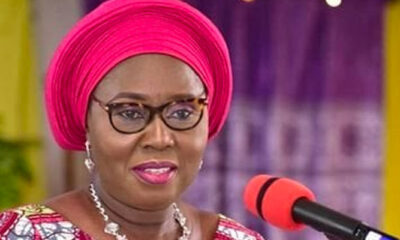
 BIG STORY5 days ago
BIG STORY5 days ago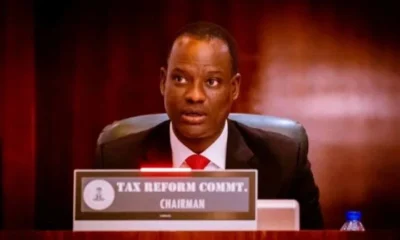
 BIG STORY4 days ago
BIG STORY4 days ago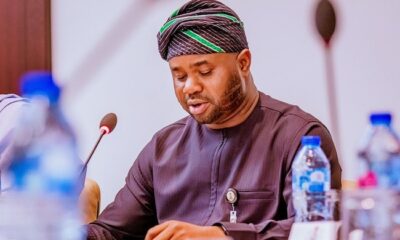
 BIG STORY5 days ago
BIG STORY5 days ago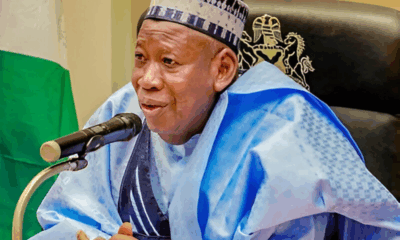
 BIG STORY4 days ago
BIG STORY4 days ago
 BIG STORY4 days ago
BIG STORY4 days ago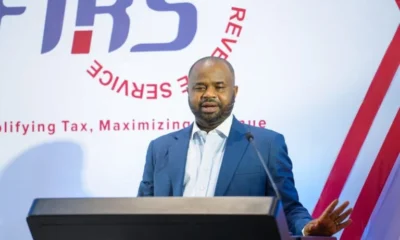
 BIG STORY4 days ago
BIG STORY4 days ago
 BIG STORY4 days ago
BIG STORY4 days ago




